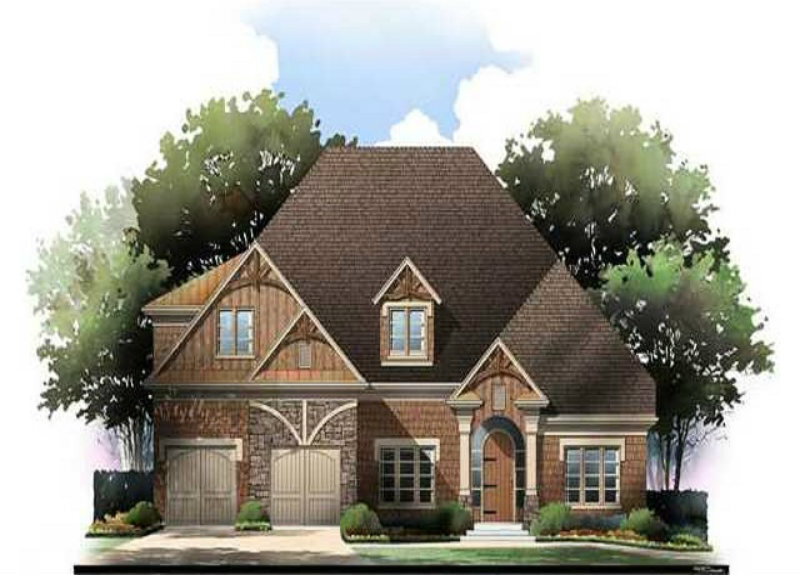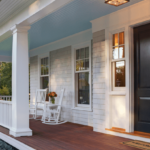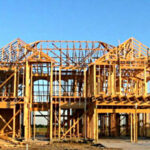
Here are 5 tips to consider if you’re interested in buying new construction in Charlotte NC. There’s a lot to focus on when you’re building a home, so keep these top of mind to help the deal run smoothly.
1. Understand your financing options
Builders often offer to finance you and tie that offer to incentives, such as paying closing costs on your behalf if you use their lender. Using the builder’s lender can help you with some of the costs involved with buying a home; however, keep in mind you don’t have to use the builder’s lender.
To compare costs, check with your bank and ask about a “construction to perm” loan. Construction to perm is another way of describing a new construction loan.
A construction-to-perm loan covers the cost of buying the land and the “construction cost” of your home while it’s being built. Once the home is finished, the loan becomes “permanent”.
Traditionally, the cost of your lot is your down payment on the home.
I recommend you take the quote from the builder’s lender and compare it to the quote from your bank or loan officer. This way you can be sure you’re getting the best finance terms.
2. Home warranty
Builders typically offer a new home warranty, often called a 2-10 warranty. In NC builders aren’t under obligation to provide a home warranty. Most do, but you should always check to be sure.
The most important thing to discover is what the warranty does not cover.
You should carefully read through the warranty to understand what happens when you find a problem. Make sure to ask the builder warranty questions during your pre-closing walkthrough as well. I’ve found that builders are very comfortable discussing what to do if you have an issue after closing and how to use your home warranty.
You’ll be given a list of the vendors who installed the items in your home.
Tip: I recommend you keep the vendor’s and warranty phone numbers handy; you’ll need them if there’s a problem after closing.
3. Upgrades
Builders often offer upgrade packages to buyers purchasing a home. Upgrades are great for adding a custom touch; however, you should take special care to understand the cost of “change orders.”
Builders typically give a timeline for when the buyer can change the items they’ve selected for the home. Everything you’ve selected becomes part of your contract.
Changes, or “change orders” can become costly after a certain date, or, if you decide to change products that have been ordered or installed.
Tip: The more custom the home, the more likely the builder will have an extensive change order policy.
4. Build time
A builder can typically tell you how long it will take to build a home based on the season. Homes built near rainy seasons can take longer to build. Contracts will generally have some language to address what happens if there are delays due to weather or product shortages.
Tip: So when is the rainy season?
“Rain falls throughout the year in Charlotte. The most rain falls during the 31 days centered around August 14, with an average total accumulation of 3.5 inches. The least rain falls around October 31, with an average total accumulation of 2.8 inches.” Source
5. Inspections
The builder will meet with the buyer throughout the construction process to inspect and discuss the building progress and the current construction phase of the home.
It is essential for the buyer to consider hiring a home inspector to attend these walkthroughs and meetings.
Tip: I know, it’s a new home. Seriously, hire a home inspector.
If you’re not a construction expert, a home inspector can offer insight and expert opinion — his oversight will help protect your investment.
The builder wants to deliver a great product; however, builders can miss things. The home inspector gives you an unbiased opinion of the home’s construction.
There are always a bunch of things going on at once in a real estate transaction. I put this list together to help you focus on the major pieces of your new construction purchase.
You’ll have pre-construction and foundation meetings, design, fixtures, and colors to select, but, this outline should keep you focused throughout the crazy months of building, all the way to settlement.















